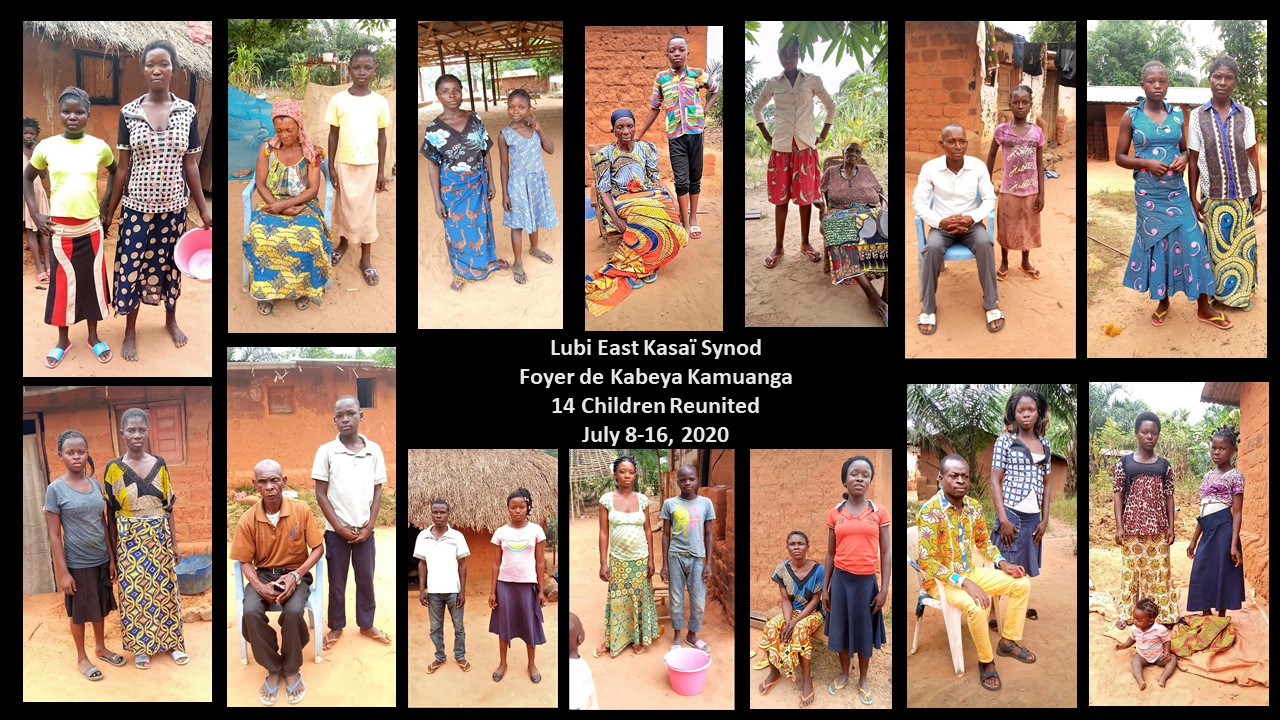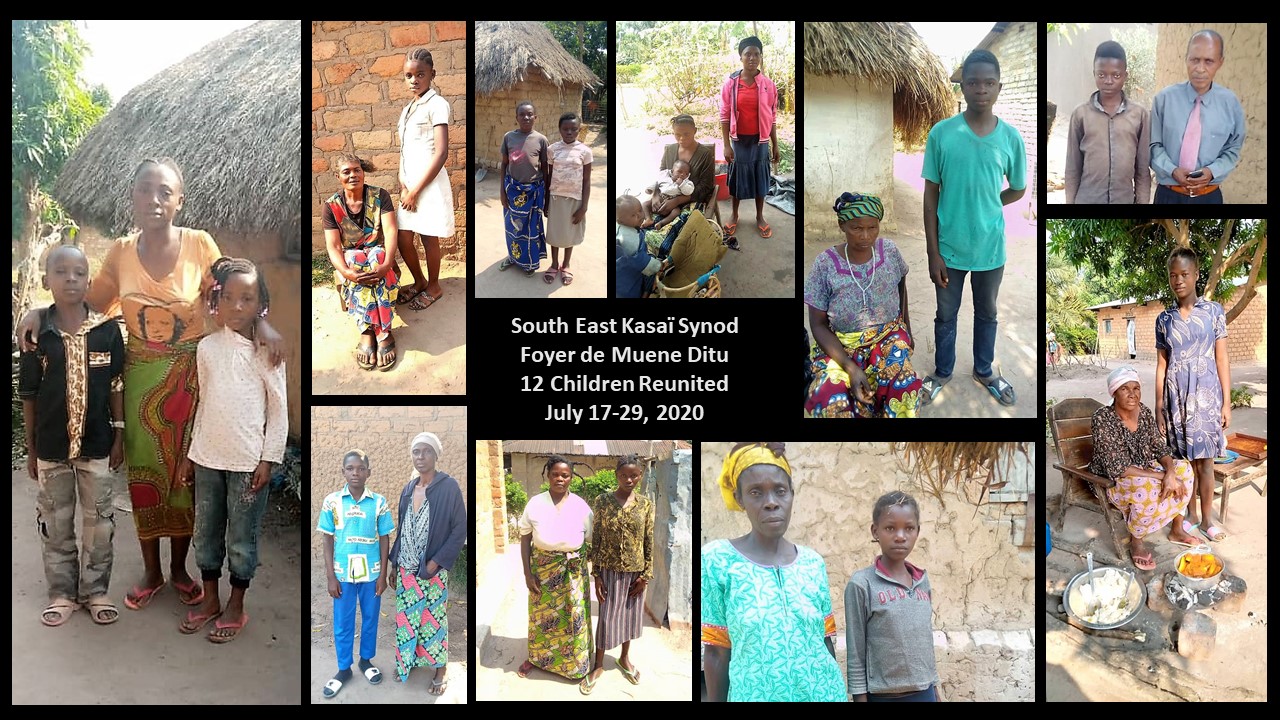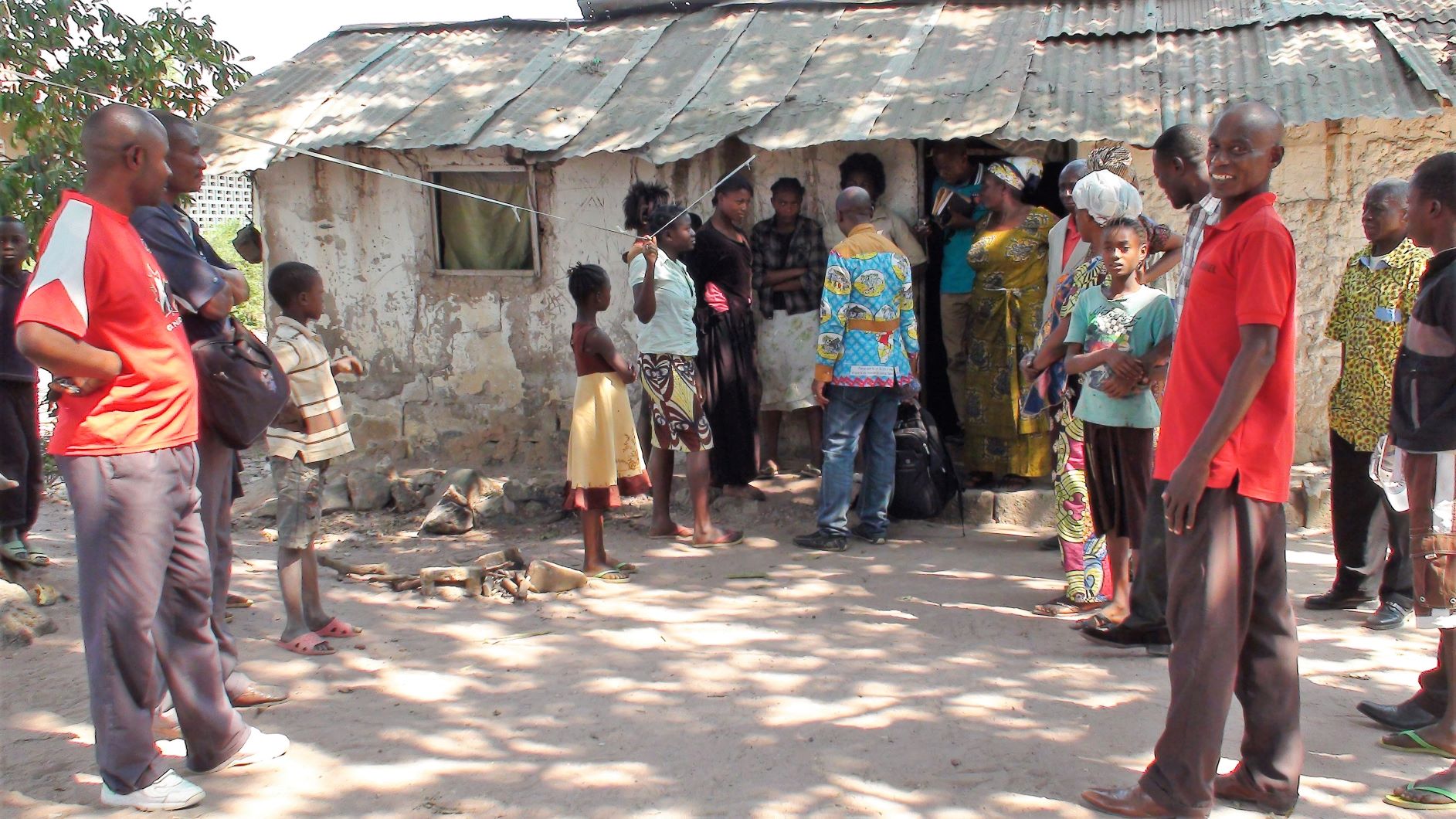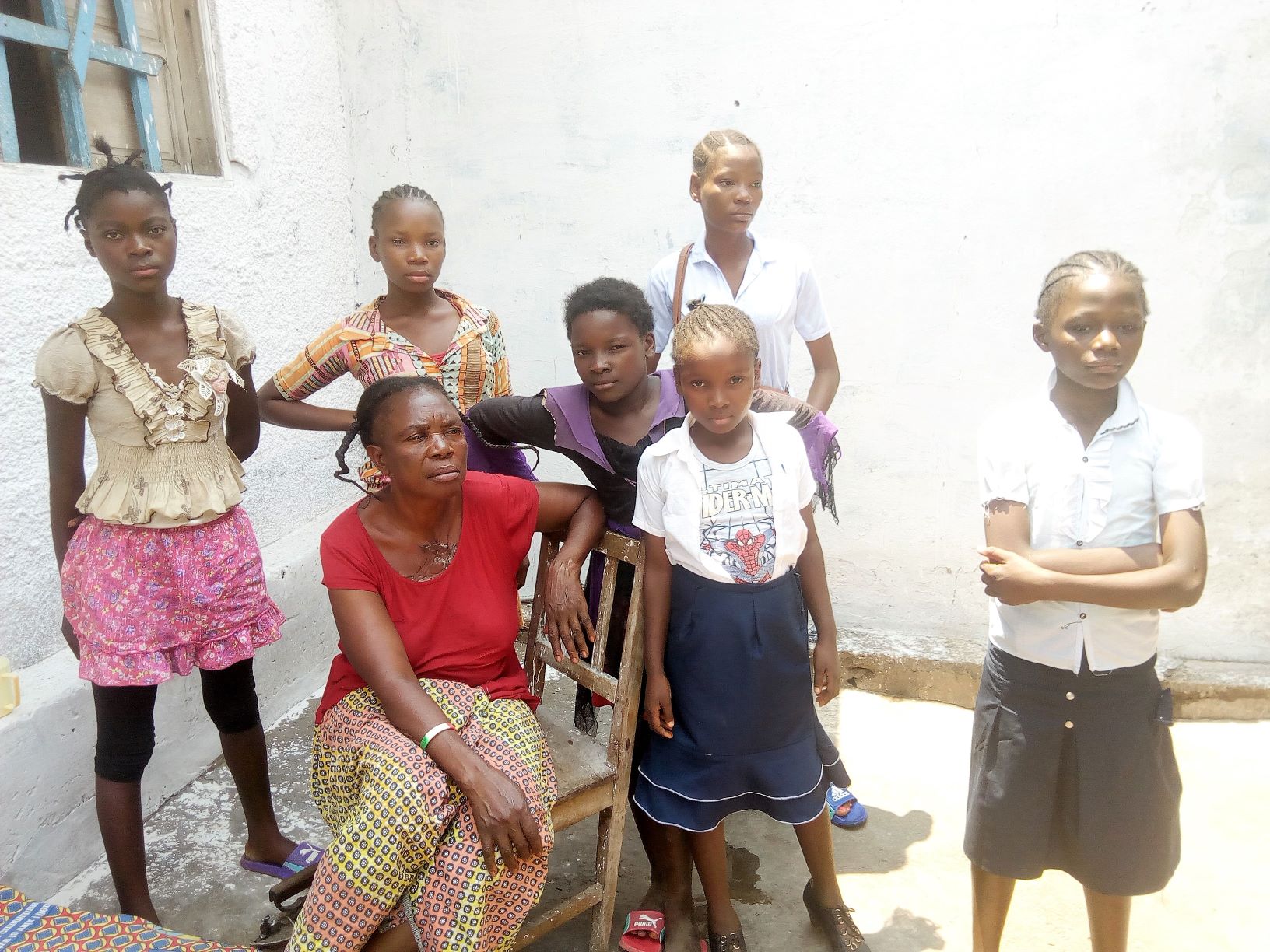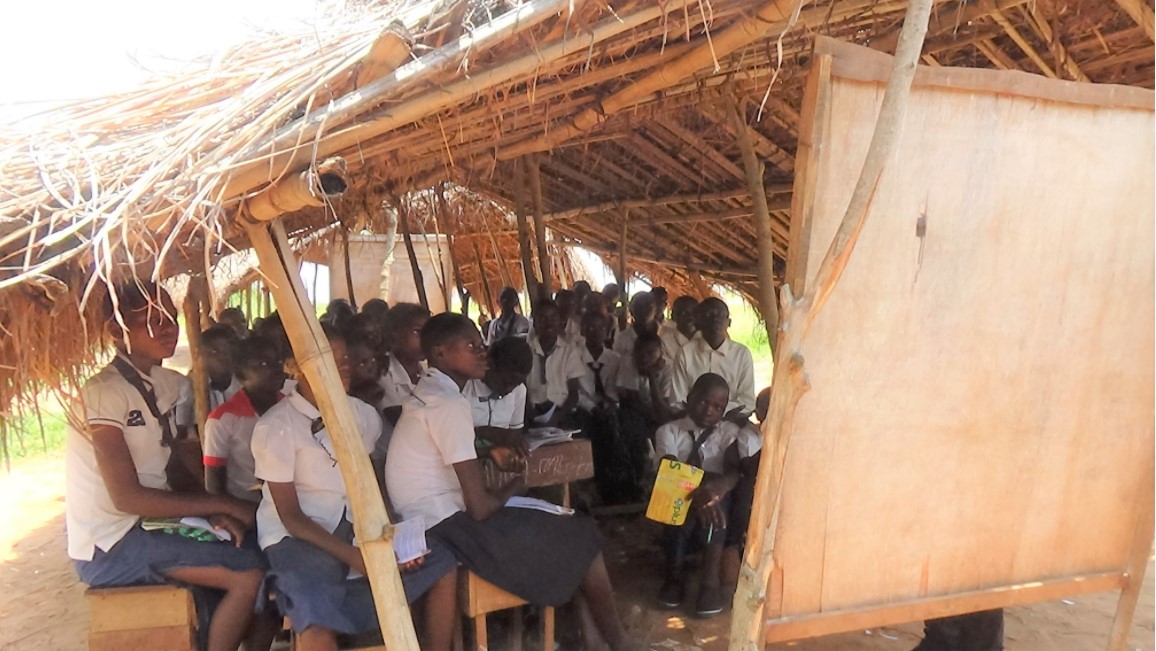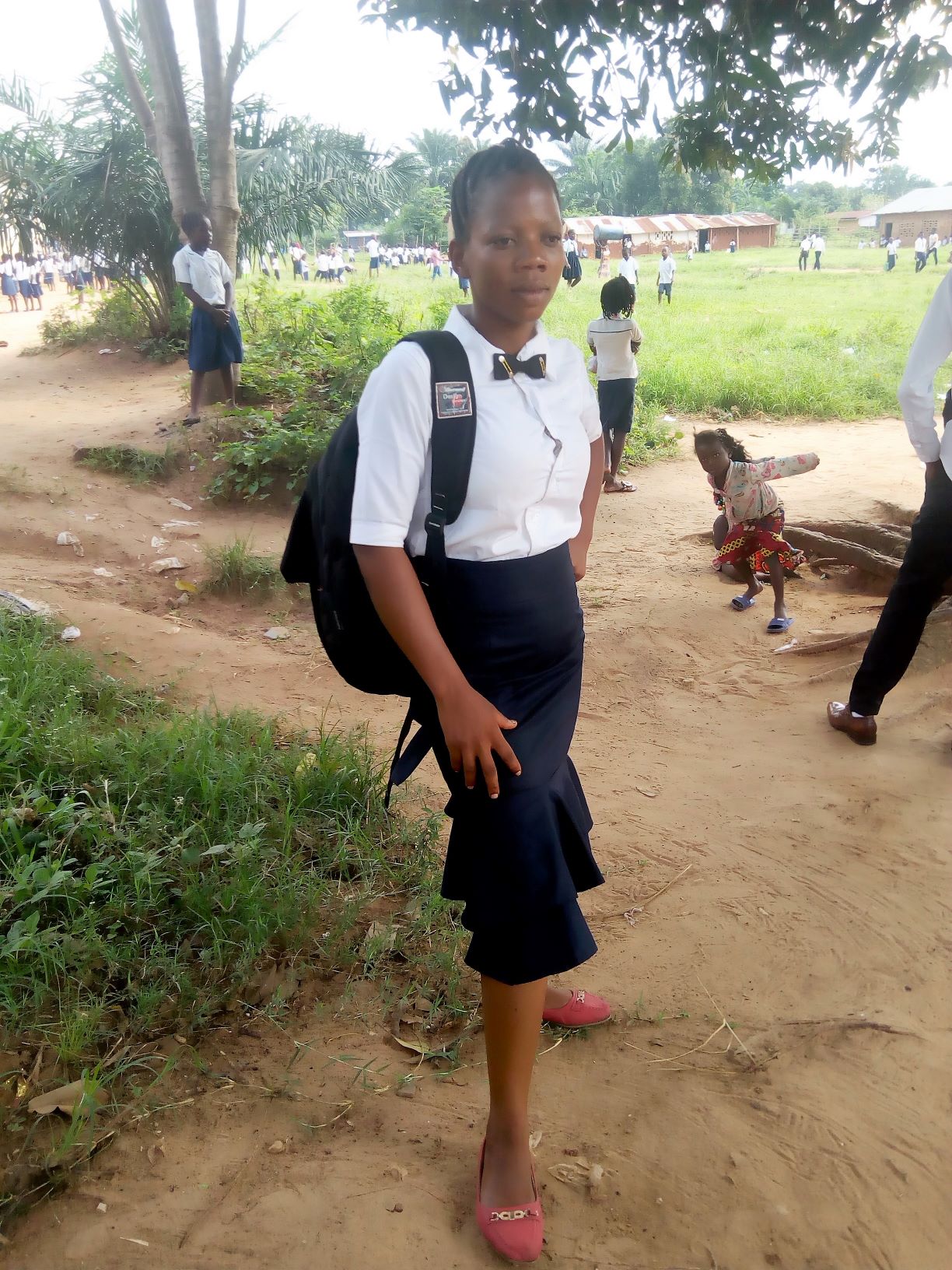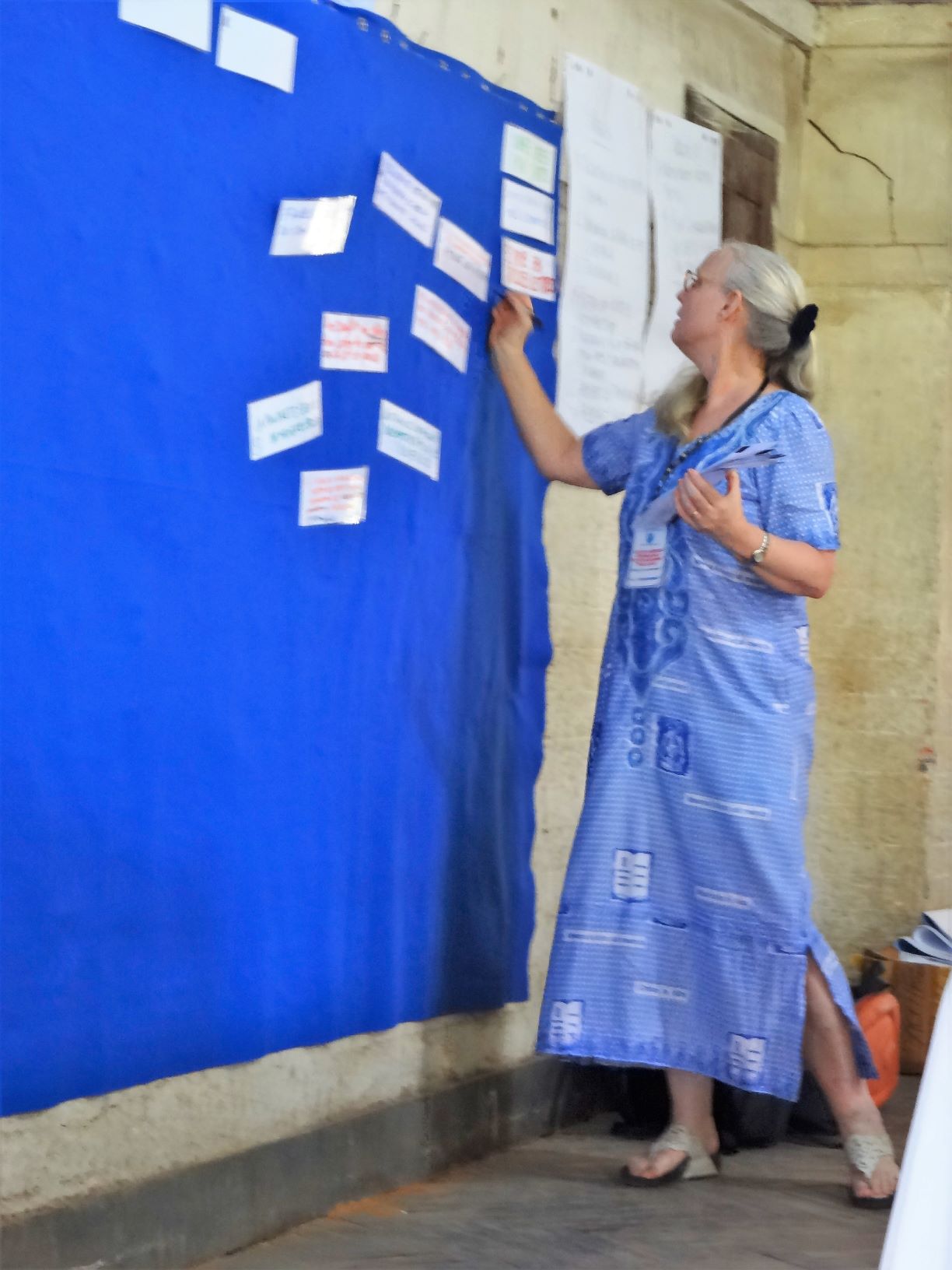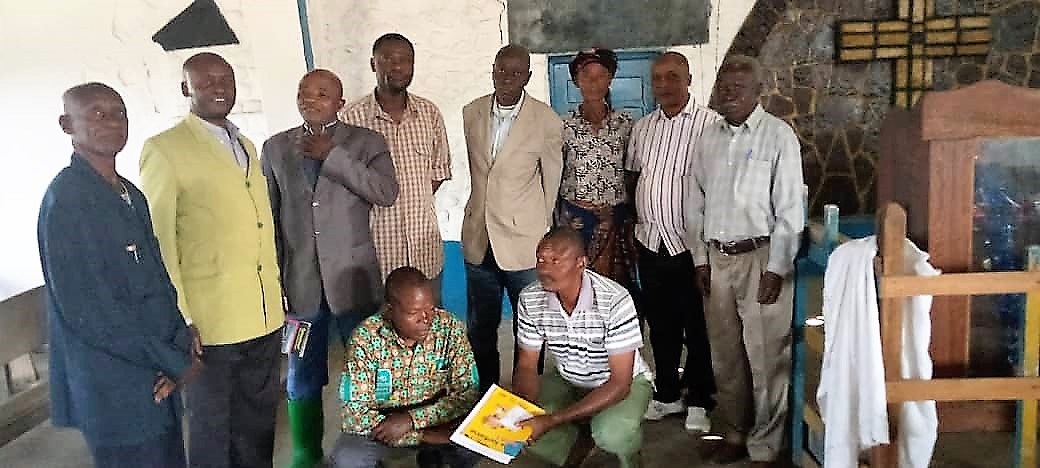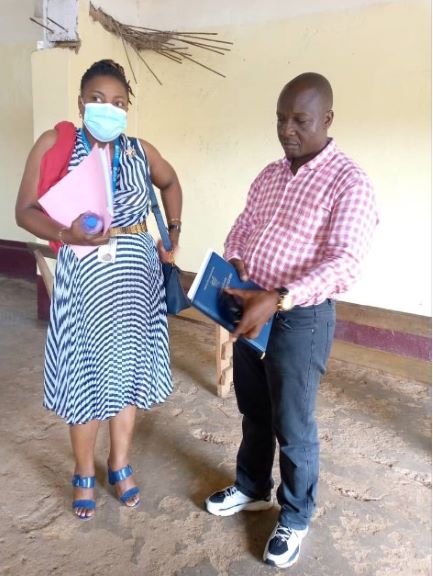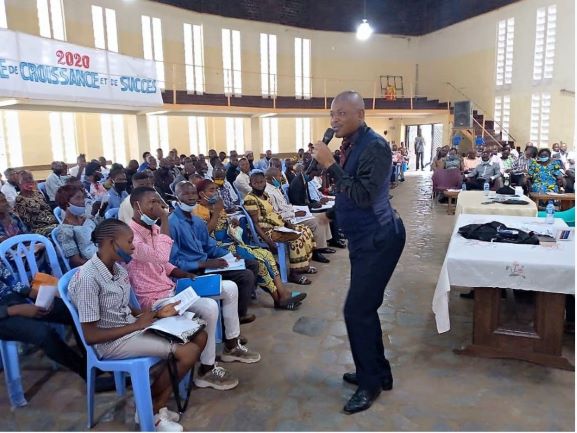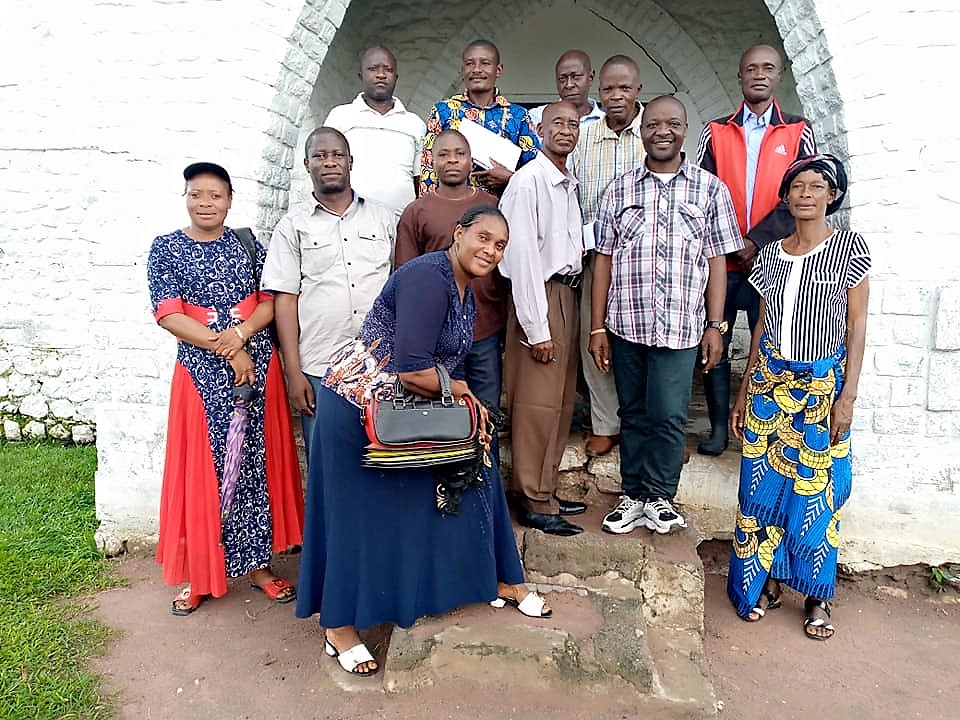A Letter from Christi and Jeff Boyd, serving in Africa
December 2020
Write to Christi Boyd
Write to Jeff Boyd
Individuals: Give online to E200314 for Christi and Jeff Boyd’s sending and support
Congregations: Give to D506075 for Christi and Jeff Boyd’s sending and support
Churches are asked to send donations through your congregation’s normal receiving site (this is usually your presbytery).
Subscribe to our co-worker letters
Dear siblings in Christ,
As the world went into a pandemic-induced hibernation earlier this year, one might assume that ministries, too, have slowed down or come to a halt. For the Presbyterian Ministry for Vulnerable Children in East Kasaï, Congo, nothing could be farther from the truth!
Four years ago, I shared through the story of Serge, how in the current Congolese context losing a parent can put a child at risk of abandonment, and highlighted different models of ministry for vulnerable children applied in the Presbyterian Church in Congo (CPC).
At the time, the most prominent of these ministries retrieved unaccompanied minors from the markets and streets by taking care of them in halfway homes while tracing back their biological parents or extended families to mediate reunification. The transitional character of these ministries provided an appropriate alternative to the more permanent nature of traditional orphanages, but the center-based model still proved costly for an economically deprived context like Congo. Sporadic but faithful donations from local and U.S.-based Presbyterians allowed the ministries to run on a shoestring budget that could provide for the children’s basic needs but was too limited to also ensure their timely reintegration into society even if family had been found. A year later, CPC leaders organized a weeklong series of participatory workshops for a cross-section of CPC staff, mid-council and ministry leaders to identify main directions for a collaborative strategy. The Kamuina Nsapu uprising, however, disrupted the process, and a plan was never drafted.
Fast forward to early this year, when Jeff and I were fortunate enough to visit the Kasaïs just before the first COVID-19 cases in Congo were identified and the government isolated Kinshasa as the pandemic’s epicenter from the rest of the country. While in Mbuji Mayi, I spent considerable time with Pastor Benoît Mingedi, who doubles as a social worker and is the coordinator of the Presbyterian Ministry for Vulnerable Children in East Kasaï. For years, Pastor Benoît has on a monthly basis been participating in a platform for mutual learning and collaboration that brings together social workers from the State’s Department for Social Affairs (DIVAS), and from different religious communities and NGO’s that all work in Child Protection programs in East Kasaï. In one of his last reports, Benoît had shared with me about a community-based approach for the accompaniment of vulnerable children that he had learned about from the National Catholic Office for Children (BCNE) and at my request he arranged for him and me to visit the BCNE’s coordinator in Mbuji Mayi. Benoît realized that the Catholics’ approach incorporated the main outcomes from the CPC’s earlier discernment process, and it inspired him to envision a church-wide paradigm for the Presbyterian Ministry for Vulnerable Children in East Kasaï.
Less than a month after our trip to the Kasaïs, as Jeff and I had started sheltering at our home in Kinshasa, Benoît shared with me a comprehensive plan that had transpired from the conversations during our visit, asked for my feedback and invited me to an ongoing accompaniment for the restructuring of the ministry that had the blessing of the Church’ senior leaders. In the weeks that followed, we used all modern means of communication to clarify our understandings, sharpen the plans, calculate budgets and make projections to determine the limits of feasibility and sustainability to be respected by all to ensure the ministry’s success. All along, the CPC leaders were consulted and endorsed the process.In essence, the plan entails a shift from a center-based model for shelter and care to a community-based ministry where children are taken in by host families that are members of CPC congregations. The main support-base for the care component shifts from Presbyterian churches in the U.S. to those in Congo, implying a change from donor-dependency to self-reliance with full responsibility and ownership for the children’s basic needs by the local congregation. The time and resources freed up in the new approach are redirected to the timely and effective tracing of the children’s families and their reunification within three months after their initial arrival. Altogether, the restructuring would allow the church to help more children in a given year than in the center-based approach, including boys who originally were referred elsewhere as a precautionary measure to protect the already vulnerable girls. The plans further include the creation of a four-member volunteer committee in each of the CPC’s 192 congregations in East Kasaï to not only ensure the churches’ support for the host families but to also raise awareness about Children’s Rights in their communities, and to watch out for and denounce any abuse. Together with the Catholic Church, social workers of DIVAS and local health clinics, these congregational committees would form a province-wide alert system as an important preventative component of the new plan.
Once Benoît’s plans started to consolidate, we realized that with the schools closed due to COVID-19, it was an opportune time to reunite those children whose biological families had already been traced back, but funds had been lacking to complete reunification. Thanks to the prompt response from one of our supporting churches Benoît was able to ensure the reintegration of 45 children from halfway homes in three CPC Synods within a time frame of just eight weeks. This step not only prevented disruptions in the children’s schooling later on in the year, but it also allows a clear shift for the ministry’s new model.
The traced back families, however, are typically poor and hesitate to welcome children back merely for their inability to support their child’s schooling. The educational scholarship program started a few years back at the request of the CPC and supported by Presbyterians in the U.S. will therefore continue in this new approach. The scholarships provide basic school kits for reintegrated children at the beginning of the school year and ensure their education through secondary school.
Next step in the restructuring process was the identification of host families and congregational volunteers in each of the CPC’s four Synods in East Kasaï and ensuring their training as the success of the strategic shift hinges on the ability of each to assume their respective roles. The trainings are costly, but a one-time expense for the church to finalize the transition and launch the new structure. We were able to secure funds for a first round of trainings in Mbuji Mayi through a grant from the Africa Healthy Women Healthy Families committee. A few donations have since started to come in to complete the trainings in Kabeya Kamuanga, Muene Ditu, and Kabinda. I regret to not have been able to attend the first training event due to travel restrictions, but Benoît has kept me abreast through WhatsApp chats, pictures and videos.
Jeff has called the paradigm shift for this ministry of the CPC “revolutionary.” The plans are bold and courageous and have already invigorated all 192 CPC congregations in East Kasaï, who are eager to employ their meager resources to partake in this ministry to give vulnerable children a second chance.
In a season when we are reminded that there was no place in Bethlehem’s inns to receive the Christ Child into this world, I celebrate how our Congolese siblings in East Kasaï are preparing to open their doors and welcome in children without a home, feed and clothe them. They do not act individually but together as the Body of Christ for these overlooked and ignored children who are members of Christ’s family (Matthew 25 vs. 40 paraphrased).
As a denomination modelled after our own connectional structures, the Presbyterian Church in Congo shows us that the PC(USA), too, can be most effective in rooting out systemic poverty and responding to the symptomatic needs by acting corporately.
Years of sustained support from Presbyterians across the U.S. have allowed me to walk with our partners, learning about their contextual challenges, discovering their capacity embodied in local congregations, discerning with them appropriate responses, and envisioning outside the proverbial box the rebirth of a ministry as vital for the children as it is for the church itself. I am thankful for all of you who have come alongside us and are willing to join us on this untrodden path, whether through prayer, a word of encouragement, a contribution towards Jeff’s and my sending and support, or a gift towards our partners’ ministry. It is in the PC(USA)’s continuous journey with our global siblings that we embody our kinship in Christ while gaining a window into the world to see the faces of Jesus in those ministered to by them.
As we celebrate the arrival of the Christ Child into our global village, may we continue to recognize and welcome Him in the appearance of our extended family worldwide!
Christi (also for Jeff)
![]() You may freely reuse and distribute this article in its entirety for non-commercial purposes in any medium. Please include author attribution, photography credits, and a link to the original article. This work is licensed under a Creative Commons Attribution-NonCommercial-NoDeratives 4.0 International License.
You may freely reuse and distribute this article in its entirety for non-commercial purposes in any medium. Please include author attribution, photography credits, and a link to the original article. This work is licensed under a Creative Commons Attribution-NonCommercial-NoDeratives 4.0 International License.
Tags: Benoît Mingedi, Christi Boyd, congo, CPC, East Kasaï, Healthy Women Healthy Families, Matthew 25, Mbuji Mayi, Orphanages, orphans, OVC, Presbyterian Church in Congo, Presbyterian World Mission, scholarships, systemic poverty, Transitional ministries, vulnerable children
Tags: Jeff and Christi Boyd
